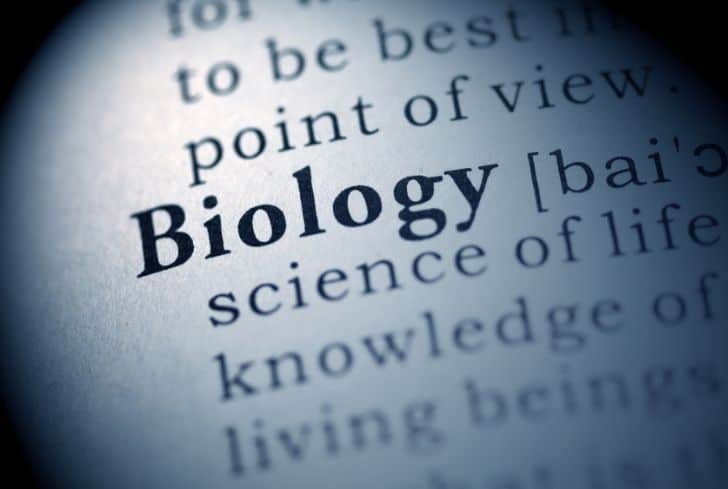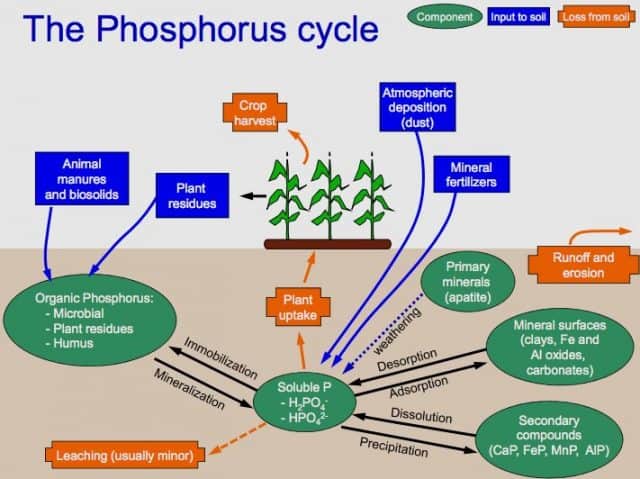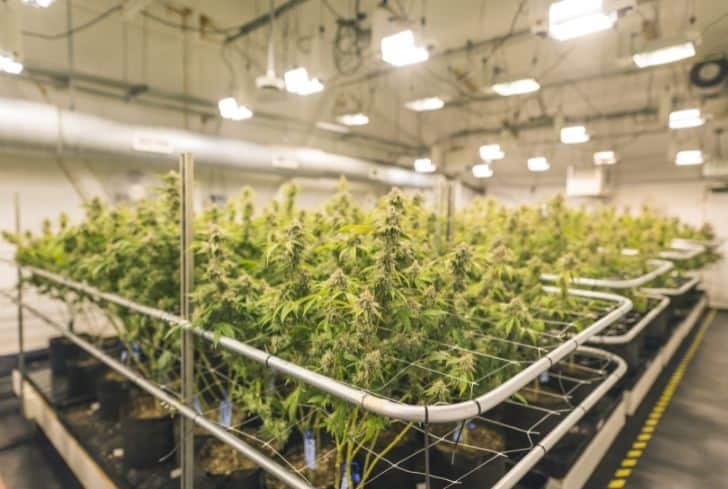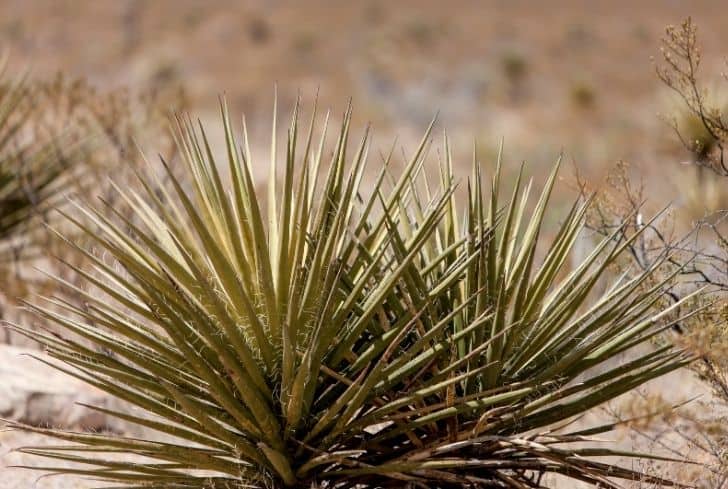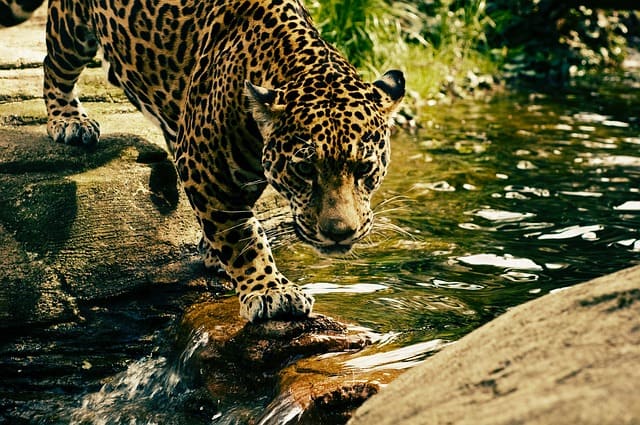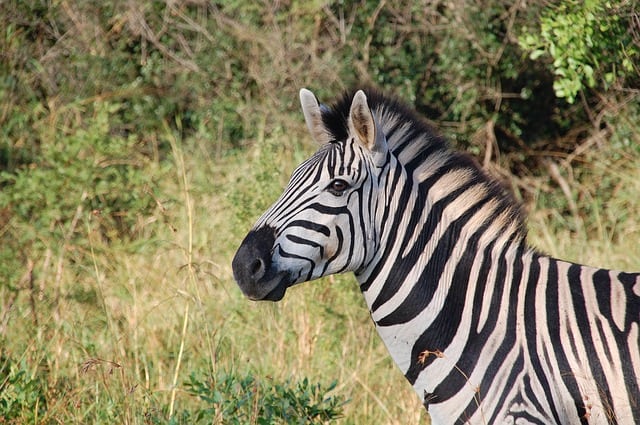What is Biology and What are Various Branches of Biology
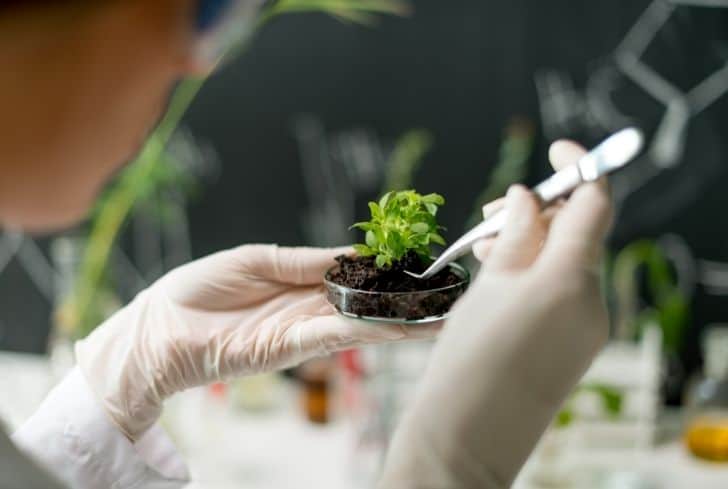
Simply put, Biology is the study of life, in all of its grandeur. It concerns all life forms, from unicellular algae to the largest African Elephants.
Coined by the French biologist Jean-Baptiste Pierre Antoine de Monet de Lamarck in 1802, the word biology comes from the Greek words ‘bios’, meaning life, and ‘logos’, meaning study.
Various Branches of Biology
Biology is an overarching science, but within it are several branches – both pure (botany and zoology) and applied (biotechnology and biomedical engineering) – each with its unique focus.
Let’s take a look at some of the important branches of biology.
Based On Approach of Study
This includes the branches that focus on specific biological processes, such as organismal interaction either between different organisms or, within the same organism.
1. Anatomy (Greek anatomē = ‘dissection’)
Father of anatomy: Andreas Vesalius
Anatomy focuses on the study of physical structures and organs of living beings. It has many sub-disciplines, the major being gross or macroscopic anatomy and microscopic anatomy. Macroscopic anatomy deals with structures that can be viewed by the naked eye, while microscopic anatomy involves the cellular level study of internal organs and structures.
2. Physiology (Greek physis = “nature/origin and logia = “study of”)
Father of modern experimental physiology: Claude Bernard
Physiology is the study of how the human body functions. It describes the chemistry and physics behind body functions, from signal transduction in cells to how organ system works together.
Physiology forms the bridge between all of the other biomedical sciences. It enables information gained by molecular biology, genetics, pharmacology, biophysics, and biochemistry to be described in an integrated manner which can then be applied for improving quality of life.
3. Taxonomy (Greek taxis = arrangement or division, and nomos = law)
Father of Taxonomy: Carolus Linnaeus
Taxonomy is the science of naming and classifying living organisms based on their morphological, genetic, and biochemical characteristics. It also focuses on identifying both the similarities and differences between species.
4. Pathology (Greek pathos = “suffering”, and ology=”study of”)
Father of microscopic pathology: Rudolf Virchow
Pathology focuses on the cause, origin, and nature of diseases. It underpins everything from prevention to treatment and patient care.
5. Paleontology (Greek palaios = “ancient”, ontos = “being” and logy = study)
Father of Paleontology: Georges Cuvier
Paleontology is the study of ancient life on Earth based on fossils. Fossils are the remains of plants, animals, fungi, bacteria, and other single-celled organisms that have been replaced by sedimentary rocks or impressions of organisms preserved in rock. It’s an interdisciplinary science involving geology, archaeology, chemistry, biology, archaeology, and anthropology.
6. Immunology (a hybrid from immune + – ology)
Father of Immunology: Louis Pasteur
Immunology is a relatively new branch of biology that covers how the immune system of an organism works against foreign bodies including pathogens and also experiments on how immunity can be built.
7. Genetics (Greek Genesis = origin)
Father of Genetics: Gregor Mendel
Genetics is the branch of biology that studies how different qualities, called traits, are passed down from parents to kids. Genetics is majorly all about genes, DNA, and RNA. It also gives an insight into what makes an organism unique, why certain diseases run in families, and more.
8. Eugenics (Greek Eu = “good” and genes = “born”)
Father of Eugenics: Francis Galton
Another relatively new branch of biology originated in the early part of the 20th century. Eugenics advocates improving human life through genetic selection. Modern eugenics, also called human genetic engineering, has come a long way and offers hope for treating many genetic disorders. Even so, it remains a hot debate topic.
9. Ecology (Greek “oikos” = household and “logos” = study)
Father of Modern Ecology: Eugene Odum
Ecology is an interdisciplinary field that includes biology and Earth science. It studies interactions among living things and their environment. It gives insights into the benefits of the ecosystem, the impact of ecosystem destruction, sustainability, etc., Ecological studies also provide information about how we can use natural resources in ways that leave the Earth healthy for future generations.
10. Embryology (Greek embryon = the unborn and logy = study of)
Father of modern comparative embryology: Karl Ernst von Baer
Embryology is the branch of biology concerned with embryogenesis, the development of the embryo from a fertilized egg cell. In its widest sense, embryology involves two aspects: 1) ontogeny, which deals with the development of an organism; and 2) phylogeny, which concerns itself with organisms and their evolutionary development. Embryological studies also help better understand congenital disorders and developing effective treatments.
11. Sociobiology
Father of sociobiology: E. O. Wilson
A relatively interesting concept introduced back in the 1970s, sociobiology deals with how natural selection drives behavioral patterns in all organisms, including human beings. It is also called behavioral ecology.
This category focuses on the study of individual branches of life.
1. Botany (Greek botanē = pasture/grass/fodder)
Father of Botany: Theophrastus
Botany is the study of plant life. It a broader sense, it deals with names, structure, ecology, habitat, and importance of Kingdom Plantae. Some of the branches of Botany are,
- Agricultural Science – the study of economically important plants and their production
- Agronomy – production of crops and management of soil
- Plant breeding – deals with the development of improved varieties of plants
- Agrostology – the study of grasses
- Bryology – study of Bryophytes such as mosses, liverworts, and hornworts
- Dendrology – study of woody plants such as shrubs and trees
- Ethnobotany – study of plants and their relationship with humans
- Horticulture – study of the Cultivation of plants.
- Palynology – study of pollen grains and spores
- Phenology – study of the timing of root and shoot germination flowering and fruiting
2. Zoology (Greek “Zoon” = animal and “logos” = study)
Father of zoology: Aristotle.
Zoology is a branch of biology that deals with the study of Kingdom Animalia. It focuses on everything from the development, behavior, and physiology of animals. Some sub-divisions are,
- Entomology – study of insects
- Herpetology – study of amphibians and reptiles
- Ichthyology – study of fish
- Mammalogy – study of mammals
- Ornithology – study of birds
- Nothology – study of animal and plant hybrids
- Primatology – study of primates
3. Microbiology (Greek mīkros = “small”, bios = “life” and logia)
Father of microbiology: Antonie van Leeuwenhoek
Microbiology is the study of microorganisms that are too small to be seen with the naked eye. It is a wide area of science that includes, bacteriology (study of bacteria), virology (study of virus), mycology (study of fungi), phycology (study of algae), parasitology (study of parasites), and other branches of biology.
Based on Evolutionary Point of View
1. Evolutionary Biology
It is the broader branch of biology concerned with the origin, diversification, and adaptation of life forms on Earth. It also encompasses other disciplines of biology such as systematics, genetics, ecology, and paleontology. Some of the hot topics currently being studied are evolution speciation, genetic drift, and molecular evolution.
2. Developmental Biology
Developmental biology is a sub-field of evolutionary biology. It studies the fundamental processes starting from fertilization of the egg to its transformation into a whole organism. Modern developmental biology also focuses on the growth and development of organisms at cellular, genetic, and evolutionary levels.
3. Ichnology
It is a fascinating branch of biology that solves mysteries of fossils. Ichnologists follow plants and animal footprints in an attempt to reconstruct a sequence of events to identify organisms long dead. It is multi-discipline encompassing paleontology, biology, sedimentology, stratigraphy, pedology, and geomorphology.
Recently, Neoichnology – the study of modern and experimentally produced traces – is having a moment.
4. Epigenetics
It is an emerging field of biology. Traditional genetics describes the way the DNA in our genes are passed from parents to children. Whereas epigenetics describes how turning genes on or off makes different cell types in the body. It also studies the impact of environmental factors and lifestyle on genes. The literal meaning of the term epigenetics is ‘above the genes’.
Interdisciplinary Branches of Biology
Well, biology is complex. It also links with the other scientific disciplines, thus forming numerous new branches. This enables us to understand the subject in a better way in light of the principles of the other sciences.
Some of the important interdisciplinary branches of biology are the following.
1. Biophysics
Also known as biological physics, Biophysics employs the principles of physics and mathematical analysis and computer modeling to study biological phenomena. Example: The basic physical principles of the lever are what allow our limb movement.
2. Biochemistry
It deals with the application of chemistry for studying biological processes at the cellular and molecular level. Example: Chemical regulation of human metabolism.
3. Biomathematics
Also known as mathematical biology, it integrates mathematics, biology, and computer science to study and analyze biological processes. Example: Population analysis of an endangered species.
4. Biogeography
It studies species distribution in relation to geological time and space. Species distribution varies geographically and depends on latitude and habitat segregation. The subdisciplines of biogeography are zoogeography (involves the distribution of animals) and phytogeography (distribution of plants).
5. Bioeconomics
It is a new and progressive branch of biology that involves the study of organisms using economic models. For example, the cost or profit value of the yield of a crop.
References:
https://royalsocietypublishing.org/doi/10.1098/rsfs.2016.0145
https://en.wikipedia.org/wiki/List_of_people_considered_father_or_mother_of_a_scientific_field
https://journals.sagepub.com/doi/abs/10.1177/02601079X03001400401?journalCode=jiea

